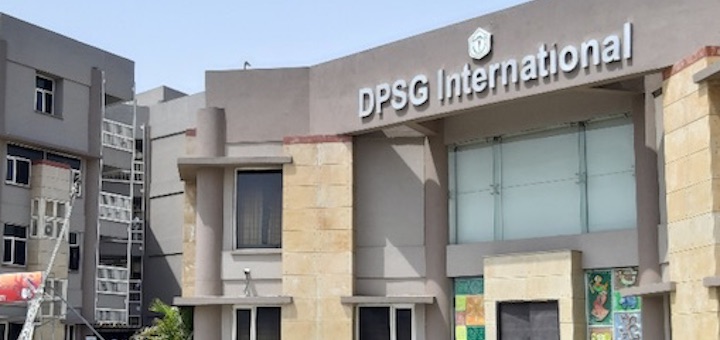Cheating, typically perceived as a misdeed among students, serves as a red flag indicating potential intellectual and mental challenges. If left unaddressed, this behavior can significantly impede a child’s cognitive and emotional development, often evolving into a recurring pattern. Strategies to prevent cheating play a crucial role in shaping a student’s mindset. Some educational institutions, including DPSG international and other CBSE-affiliated schools in Ghaziabad, have implemented comprehensive policies to combat cheating. However, the responsibility extends beyond schools, with parents playing a pivotal role in fostering improvement.
Cheating transcends exam scenarios, with plagiarism being a significant aspect of this unethical conduct. The prevalence of the internet provides children with easy access to cheat and plagiarize, cleverly concealing their actions from educators and parents. This article aims to present effective solutions for addressing cheating, empowering both teachers and parents to eradicate this issue at its root.
Strategies for Dealing With Cheating
Avoid Extreme Measures Like Suspension
When a student is caught cheating, the instinctive response is often to take them to the school’s administrative office, potentially resulting in immediate suspension. However, this approach may lead to adverse outcomes. Students may react negatively to suspension, or the stern actions of faculty members may induce lasting guilt. Allowing students the opportunity to explain their actions, while not condoning the behavior, can unveil underlying issues such as procrastination and a lack of interest in studying.
Involving Parents
Parents’ active involvement is crucial, as they may be unaware of their child’s actions. Timely communication with parents, even for minor incidents, keeps them informed and enables them to address the matter at home. Lack of parental engagement can contribute to children resorting to cheating, but prompt communication empowers parents to address the issue effectively.
Academic Counseling
Offering academic counseling, especially for recurrent cheating, helps identify and address the root causes. Understanding why students cheat, whether due to the difficulty of the material or the extent of the syllabus, allows for tailored support. Schools like DPSG International in Ghaziabad actively promote professional counseling to assist students comprehensively.
Joint Efforts of Parents and Teachers
After identifying the core issue, parents should collaborate with schools to provide necessary support. Teachers, aware of individual challenges and learning abilities, can offer targeted assistance. Monitoring children for procrastination and excessive use of technology is crucial, and implementing limited internet access can discourage reliance on the internet.
Give Second Chances
Every student deserves an opportunity to reflect on their mistakes. Offering a second chance, such as retaking an exam or redoing a project, can serve as constructive discipline, fostering transformation in their academic journey.
In conclusion, DPSG International stands out as a safe and conducive learning environment, exemplifying a commitment to students’ growth. The school’s well-crafted policies and qualified staff effectively address issues like cheating and behavioral problems. To learn more about DPSG and its admission process, visit the school’s website today.


